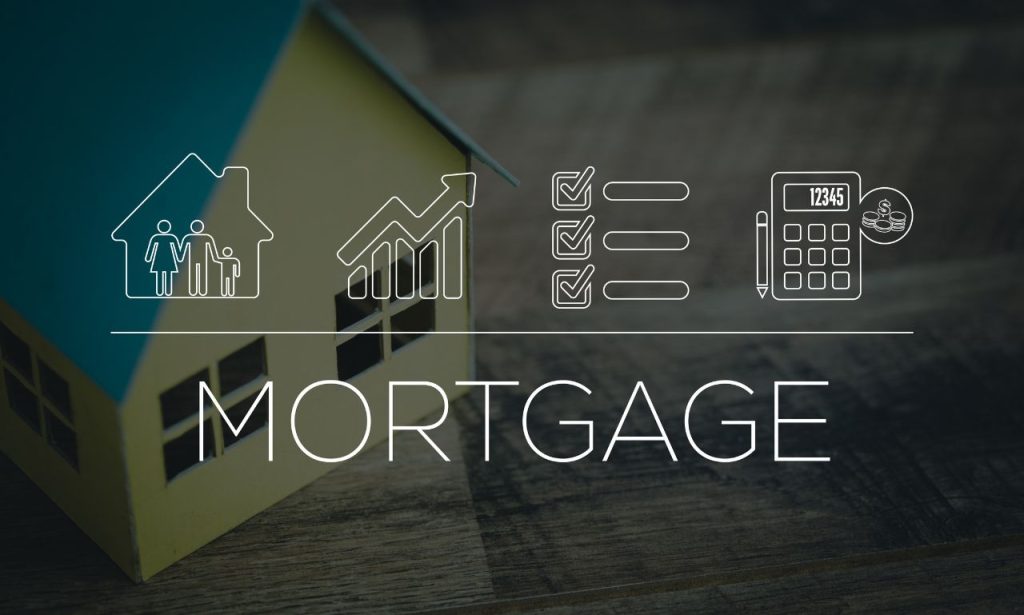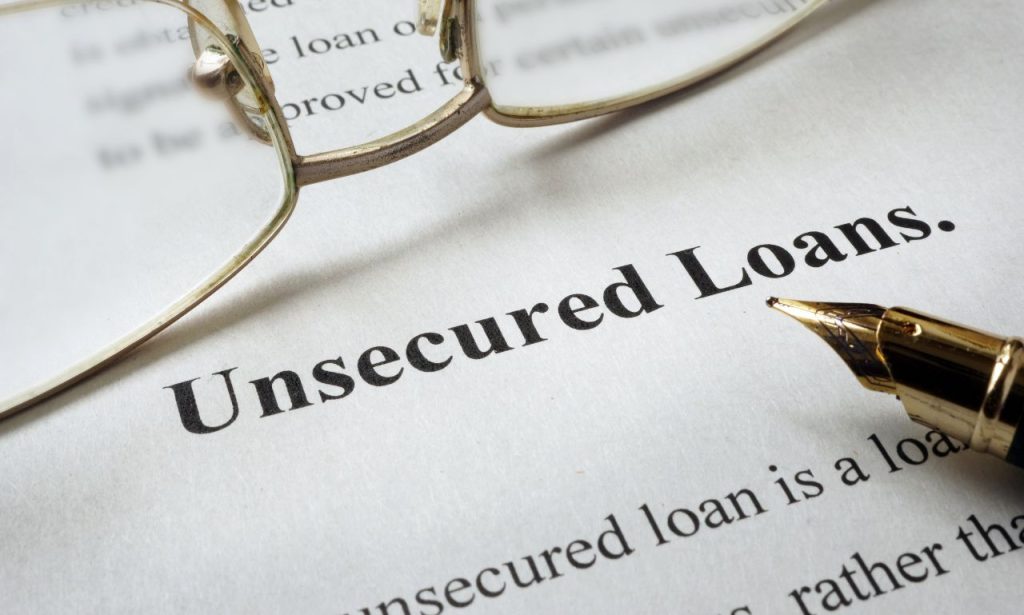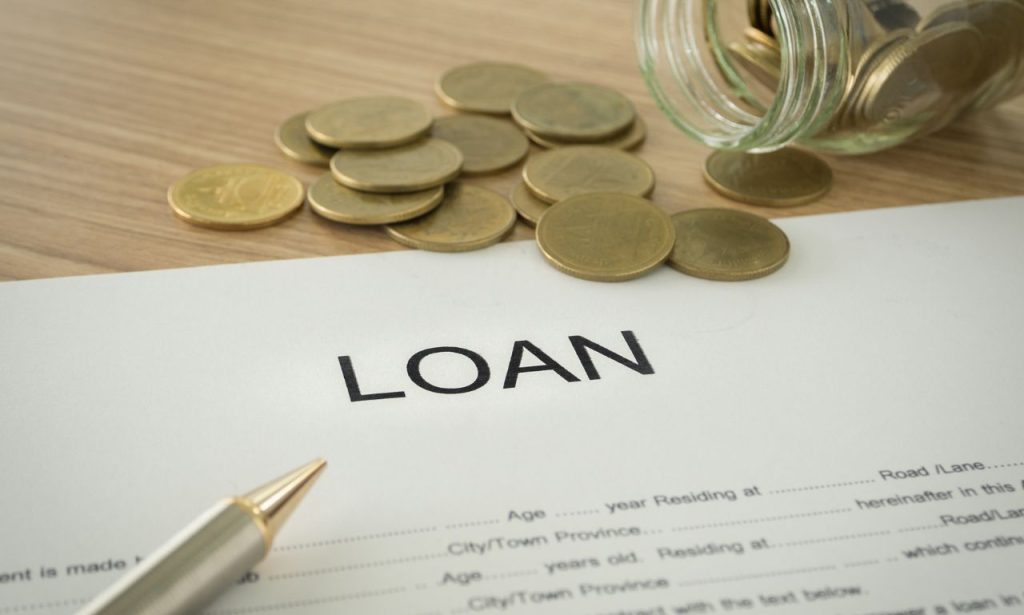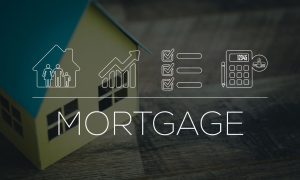Are you trying to determine which type of loan is right for your financial situation? The choice between secured and unsecured loans can significantly impact your borrowing experience, from interest rates to approval odds.
I’ve spent years helping people make smarter financial decisions and have seen firsthand how choosing the wrong loan type can cost thousands in unnecessary interest or put valuable assets at risk. Today, I’m breaking down everything you need to know about these two fundamental loan categories.
What Is a Secured Loan?
A secured loan requires you to provide collateral—something valuable the lender can take if you don’t repay the money. Think of it as a safety net for the lender. When you back your loan with an asset, you tell the lender, “I’m serious about paying this back, and here’s proof.”
The collateral reduces the lender’s risk, which typically translates to better terms for you. Banks and credit unions love secured loans because they provide a clear path to recovering their money if things go south.
Your house, car, savings account, or expensive jewelry can be collateral. The value of your collateral often determines how much you can borrow. Most lenders will let you borrow up to 80-90% of the collateral’s value, depending on the asset type.
Examples of Secured Loans
Mortgage Loans

The most common secured loan is your mortgage. The house is collateral so that lenders can offer 30-year terms with relatively low interest rates. Missing too many payments and foreclosure become a real possibility—the ultimate downside of securing your loan with your home.
Auto Loans
When you finance a vehicle, the car becomes the collateral. This arrangement explains why auto loans typically carry lower interest rates than credit cards. The lender knows precisely what they’ll get if you default, and they can repossess the vehicle reasonably quickly.
Home Equity Loans
These loans let you tap into your home’s equity—the difference between what your home is worth and what you owe on your mortgage. Again, your house backs the loan, which means competitive rates but severe consequences if you can’t make payments.
Savings-Secured Loans
Some credit unions and banks offer loans secured by your savings account or certificate of deposit. You can’t access those funds until you’ve repaid the loan, but you’ll get some of the lowest interest rates available.
What Are the Pros of a Secured Loan?
The benefits of secured loans make them attractive for many borrowers, especially those making significant purchases or with less-than-perfect credit.
Lower interest rates top the list of advantages. My clients are often shocked by how much they can save—sometimes 5-10 percentage points lower than comparable unsecured options. This difference can save you thousands over the life of a loan.
Higher borrowing limits come standard with secured loans. Since the lender has collateral, they’re typically comfortable lending more significant amounts. This makes secured loans perfect for major expenses like homes, business expansions, or education.
Approval is often easier to obtain, even with damaged credit. While unsecured lenders focus heavily on credit scores, secured lenders care more about the collateral’s value. This creates opportunities for credit-challenged borrowers who might otherwise face rejection.
Longer repayment terms mean lower monthly payments, making these loans more budget-friendly. While an unsecured personal loan might require repayment in 2-5 years, secured loans often extend to 10, 15, or even 30 years for mortgages.
What Are the Cons of Secured Finance?
Despite their advantages, secured loans have significant drawbacks that require careful consideration.
The most obvious downside is the risk of losing your collateral. I’ve seen families lose homes, cars, and savings during financial hardships because their loans were secured by these assets. This risk isn’t theoretical—it’s very real.
The application process typically takes longer and requires more documentation. Lenders need to verify and value your collateral, which can delay funding by days or even weeks compared to some unsecured options.
Collateral requirements create barriers for those without valuable assets. Your secured loan options become limited if you don’t own a home or have substantial savings.
Some secured loans include additional costs like appraisals, title searches, or insurance requirements. These expenses can add hundreds or thousands to your total borrowing cost, partially offsetting the interest savings.
What Is an Unsecured Loan?
Unsecured loans operate on trust rather than collateral. The lender provides money based primarily on your creditworthiness, income, and debt-to-income ratio. There’s nothing for them to repossess if you stop making payments.
This arrangement shifts the risk equation heavily toward the lender, which explains their generally stricter requirements and higher costs. Lenders compensate for this additional risk by charging more and being pickier about who qualifies.
The application process typically focuses on your credit score, income verification, and existing debt load. Substantial numbers in these areas can unlock competitive offers, while weaknesses might result in high rates or outright denials.
Examples of Unsecured Loans
Personal Loans
These flexible loans can fund almost anything from home improvements to medical bills. The application process is typically straightforward, with funding often available within days of approval. Interest rates vary widely based on your credit profile.
Student Loans
Most student loans don’t require collateral, making them accessible to young borrowers without established assets. Federal student loans offer mainly borrower-friendly terms, including income-driven repayment options and potential forgiveness.
Credit Cards
The most common form of unsecured borrowing, credit cards provide revolving credit lines you can use, repay, and use again. The convenience comes at a price—average interest rates hover around 20% for many cardholders.
Unsecured Business Loans
Established businesses with substantial revenue may qualify for unsecured business financing. These loans fund expansions, inventory purchases, or cash flow needs without putting business assets at risk.
What Are the Pros of Unsecured Loans?

Unsecured loans offer distinct advantages that make them preferable in many situations despite their higher costs.
No collateral requirement means your assets remain safe, regardless of repayment issues. This significantly reduces your risk as a borrower, offering peace of mind during financial uncertainties.
Faster approval and funding are common with unsecured options. Without collateral to evaluate, lenders can often provide decisions within minutes and funding within days—perfect for urgent needs.
The application process is typically more straightforward, requiring fewer documents and steps. Many online lenders have streamlined applications that take minutes compared to the extensive paperwork of secured loans.
Most unsecured loans include flexibility in how you use the funds. While mortgages must buy homes and auto loans must buy vehicles, personal loans, and credit cards can fund virtually anything.
What Are the Cons of Unsecured Loans?
Unsecured loans can be problematic for certain borrowers and situations. Understanding these disadvantages is crucial before proceeding.
Higher interest rates reflect the increased lender risk. Rates typically start several percentage points above comparable secured options and can reach 36% or higher for borrowers with damaged credit.
Lower borrowing limits restrict your financing capacity. Without collateral backing the loan, lenders typically cap unsecured amounts at levels significantly below secured alternatives.
Stricter approval requirements can exclude borrowers with limited credit history or lower scores. Lenders rely heavily on credit profiles when making unsecured lending decisions.
Shorter repayment terms lead to higher monthly payments. While secured loans might offer decades to repay, unsecured loans typically require full repayment within 2-7 years, stretching monthly budgets.
How to Choose Between Secured and Unsecured Loans

Selecting the right loan type requires an honest assessment of your financial situation and borrowing needs. Here’s my framework for making this critical decision:
Start by evaluating what you’re financing. Large purchases like homes almost always require secured loans, while more minor expenses might be better suited for unsecured options.
Consider your timeline. Do you need money quickly? Unsecured loans typically fund faster. Can you wait for potentially better terms? A secured loan might be worth the extra time.
Assess your risk tolerance honestly. Are you comfortable putting your home or car on the line? If not, the higher cost of unsecured borrowing might be worthwhile for the peace of mind.
Review your credit profile. Strong credit opens more unsecured options with competitive rates. Limited or damaged credit might make secured loans your only affordable choice.
Calculate the total cost, not just the monthly payment—factor in interest, fees, and repayment length to understand each option’s price.
Conclusion
The choice between secured and unsecured loans fundamentally comes from a trade-off between cost and risk. Secured loans offer better terms at the expense of putting your assets on the line. Unsecured loans protect your property but generally cost more and have stricter approval standards.
Your financial situation, borrowing needs, and personal preferences should guide this decision. Sometimes, the answer is obvious—mortgages are almost always secured, while emergency expenses might necessitate unsecured options for speed.
By understanding the fundamental differences outlined in this guide, you can now decide which loan type best serves your financial goals. Remember that the right choice varies by situation—what worked before might not be ideal for your current needs.
ALSO READ: How to Avoid Paying Bank Fees While Traveling
FAQs
Secured loans generally offer lower interest rates because the collateral reduces the lender’s risk.
Yes, but you’ll likely face higher interest rates and lower loan amounts. Secured options offer better terms with damaged credit.
The lender can take possession of your collateral, sell it, and apply the proceeds to your loan balance.
No. Some secured loans use financial assets like savings accounts or certificates of deposit as collateral.
Unsecured loans typically process faster since there’s no collateral to evaluate, with some offering same-day funding.




